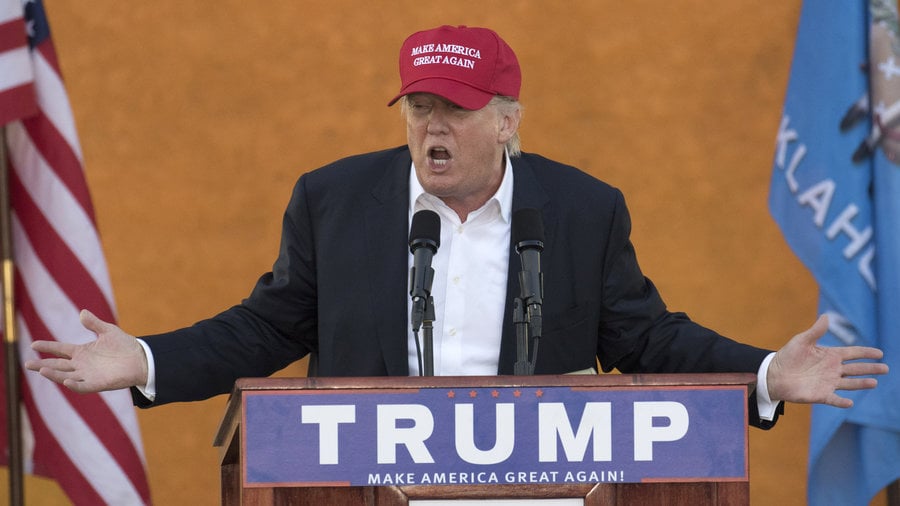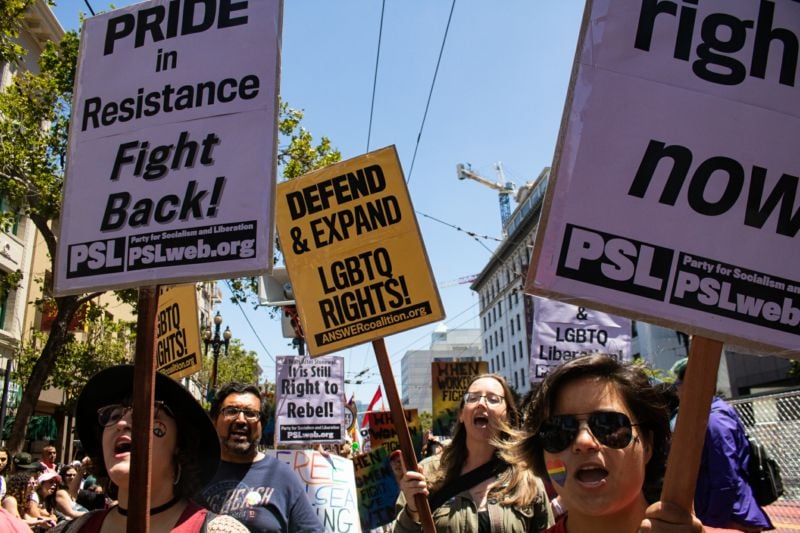In a 52-48 vote in the senate on Monday night, extreme right-wing Justice Amy Coney Barrett was confirmed to the U.S. Supreme Court. This development just one week ahead of what could be the most hotly-contested presidential election in recent U.S. history is sure to intensify efforts to disenfranchise working class and oppressed people, whose right to vote has always been contested under the capitalist system.
Last Friday, Republicans decided to refile a case they had previously lost in the Supreme Court in a 4-4 decision. The case centered on how long after the November 3 election could mail-in ballots still be counted in Pennsylvania. The split decision meant that a lower court ruling would stand — that ballots received as late as Friday after the election could be counted so long as they either had no postmark or a postmark of November 3.
This renewed legal challenge is a shameless attempt by Republicans to try their hand once again at stifling voters by suppressing the number of ballots that may be counted. With Barrett confirmed, they calculated that the ruling will now likely come down in their favor.
This decision comes in the wake of another Supreme Court case in Wisconsin that makes it so that no ballots received after November 3 will be counted. In a 5-3 vote, the court refused to reinstate a lower court order that made it possible to count ballots received as many as six days after the official election day.
The Supreme Court could play a decisive role in the coming election. These cases are an ominous sign of further anti-democratic rulings likely to come.
There are of course many other reasons to be deeply alarmed by Barrett’s confirmation to the court. During her confirmation hearing Justice Barrett offered few details as to her jurisprudence. Instead she referred to herself as an “originalist” and positioned herself in the same intellectual legacy as the late far-right Supreme Court Justice Antonin Scalia, for whom she clerked from 1998-1999. Given Trump’s previous statements about appointing justices that are likely to overturn the landmark abortion rights case Roe v. Wade, it is not hard to imagine where Barrett is likely to come down on such an issue. Cases involving immigration, qualified immunity, abortion access, and even deciding the presidential election itself are now in the hands of an exceptionally right-wing court.
Regardless of which of the two capitalist parties exerts the most influence over the Supreme Court at a given time, at its core it is a fundamentally anti-democratic institution. Justices are appointed, not elected, and serve for life. The people have no say in who is ultimately appointed, and have no power to recall justices. The Supreme Court is, in effect, that last bulwark that progressive policies and ideas must overcome in order to become established law.






